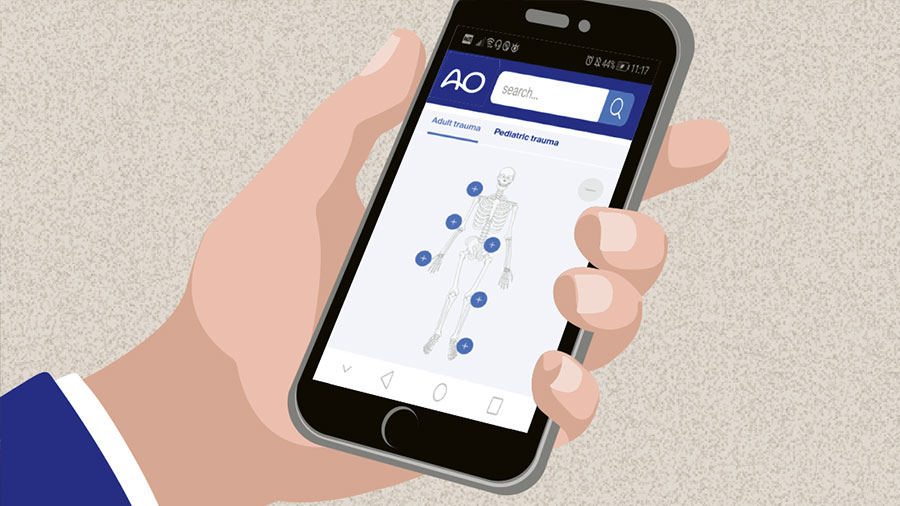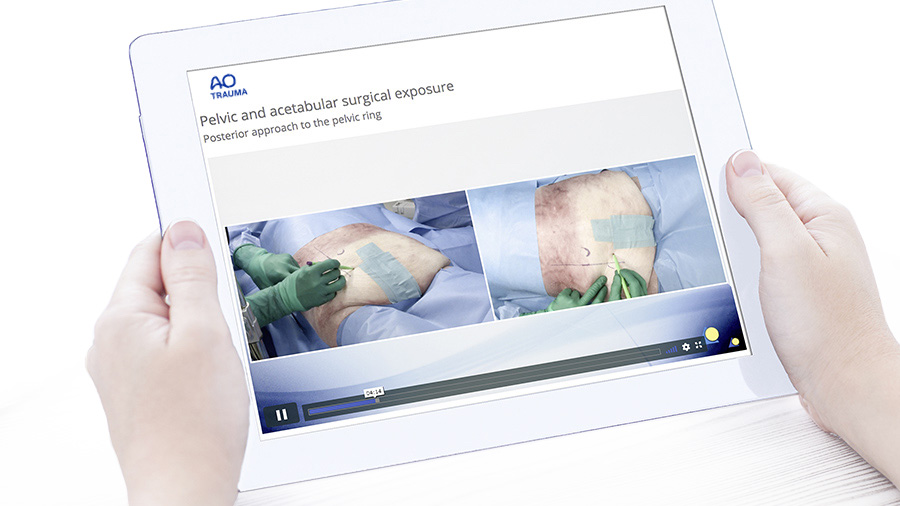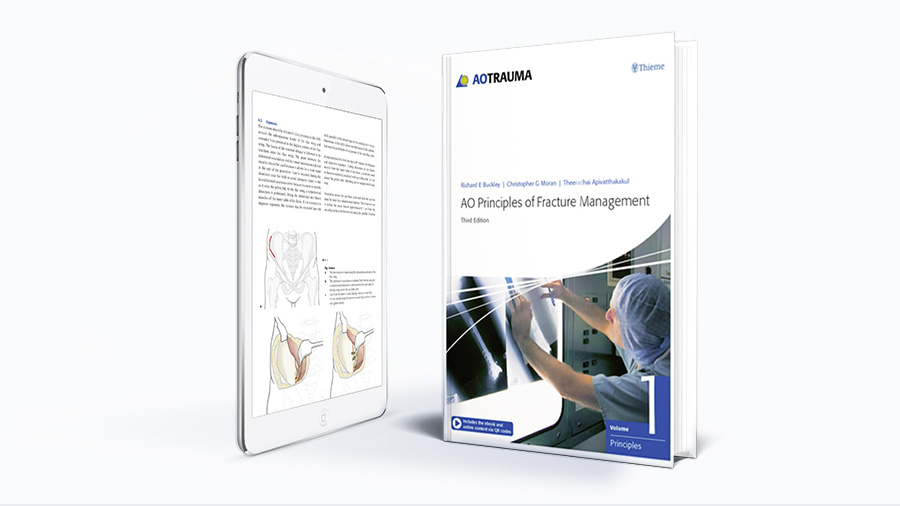Residents
The AO Trauma Residents education program offers a wide range of face-to-face and self-directed learning in orthopedic trauma management. It supports orthopedic trauma residents at all stages of their training and is based on twelve clearly defined competencies.
Residents education taskforce
The Residents education taskforce is a group of experts who build and continuously improve our educational program. It consists of three
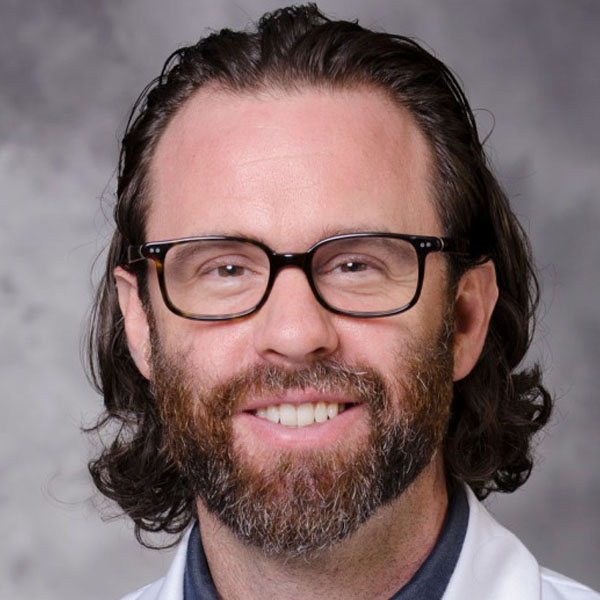
Jason A Lowe (USA)
Term: 2025–2027

Sue Deakin (UK)
Term: 2023–2026

Luiz Henrique Penteado Da Silva (Brazil)
Term: 2026–2028
Regional Program Contributors (RPCs)
Asia Pacific:
Natsumi Saka (Japan)
Nimish Patel (India)
Europe and Southern Africa:
Julia Sußiek (Germany)
Mehmet Ali Deveci (Türkiye)
Latin America:
Linda Vallejo (Colombia)
Fabricio Videla (Argentina)
Middle East and Northern Africa:
Khalil Amri (Tunisia)
Ahmed Al-Zubaidi (Iraq)
North America:
Jennifer Hagen (USA)
Milton Little (USA)
AO Curriculum Development Manager:
Past taskforce members
-
Past IPEs
Khairul Faizi Mohammad (Malaysia), 2023–2025
Narayan Ramachandran (Oman), 2022–2024
Ingmar Buffo (Mexico), 2020–2022
Mark Lee (USA), 2017–2022
Kevin Smith (UK), 2017–2019
Hatem Said (Egypt), 2015–2018
Chanakarn Phornphutkul (Thailand), 2015–2017
Miguel Triana (Colombia), 2014–2016
James Krieg (USA), 2013–2016
Fred Baumgaertel (Germany), 2009–2014
Wa’el Taha (Saudi Arabia), 2009–2014
Brian Bernstein (South Africa), 2009–2013
Rodrigo Pesantez (Colombia), 2009–2012
Jarek Brudnicki (Poland), 2009–2012
Suthorn Bavonratanavech (Thailand), 2009–2011 -
Past RPCs
Muhammad Farhan Mohd Fadil (Singapore)
Hyoung-Keun Oh (South Korea)
Ahmad Naser Bo-Eisa (Saudi Arabia)
André Wajnsztejn (Brazil)
Claudia Arroyo (Mexico)
Radu Fleaca (Romania)
Steve Warner (USA)
John Scolaro (USA)
Apipop Kritsaneephaiboon (Thailand)
Tomohiro Matsumura (Japan)
Andrew Henry (UK)
Akram Al Shoubaki (Jordan)
Luis Ochoa Olvera (Mexico)
Peter Brink (Netherlands)
Mahmoud Odat (Jordan)
Mark Reilly (USA)
Carlos Dominguez (Mexico)
Wilson Li (Hong Kong)
Michael Sirkin (USA)
Michael Baumgaertner (USA)
Kodi Kojima (Brazil)
Takeshi Sawaguchi (Japan)
Emanuel Gautier (Switzerland)
William Lavadia (Philippines)
CW Oh (South Korea)
Ki-Chul Park (South Korea)
Mihail Rashkov (Bulgaria)
Ziyad El-Qirem (Jordan)
Ingmar Buffo (Mexico)
Brett Crist (USA)
Derek Donegan (USA)
Paul Gladden (USA)
Brad Yoo (USA)
Marco Berlusconi (Italy)
Talal Al-Kindy (Saudi Arabia)
Vincenzo Giordano (Brazil)
Chris Fang (Hong Kong)
Anna Ekman (Sweden)
Julian Salavarrieta (Colombia)
Michael Leslie (USA)
John Munz (USA)
Yazan Hattar (Jordan)
Annika Hättich (Germany)
Program description
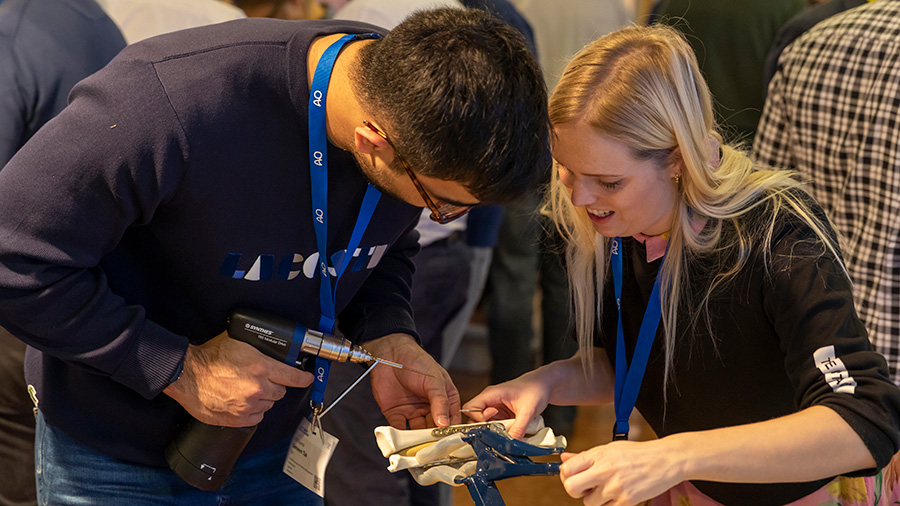
The courses defined in the AO Trauma residents curriculum teach fundamental principles and current concepts in the treatment of injuries, incorporating the latest techniques in operative fracture management. They build the foundation for orthopedic trauma surgeons’ careers. Evidence-based lectures cover the key information, case discussions in small groups help participants understand decision-making and management skills, and practical exercises allow participants to practice the application of fixation techniques.
The AO Trauma basic principles course is the initial step along the path of lifelong learning in the area of operative fracture management and the focus of this course lies in the basic principles of fracture management. The AO Trauma advanced principles course builds upon the AO Trauma basic principles course and concentrates on the principles and techniques of operative fracture management in more complex injuries.
Events defined in the curriculum
AO Trauma Course—Basic Principles of Fracture Management (3 days)
AO Trauma Course—Advanced Principles of Fracture Management (3 days)
Target audiences
Basic Principles:
Doctors in surgical training
Doctors interested in furthering their knowledge and skills in operative fracture management
Advanced Principles:
Surgeons at the threshold of becoming independent
Participants who have completed the Basic Principles course
Resources for faculty
Already a faculty member? Explore resources supporting your teaching activities.
Resources
Members only
AO Videos
Access hundreds of videos and look for your area of interest.
E-learning modules
Explore the growing collection of our online offerings, most targeted at residents.
Courses and webinars
Explore our database and search for events on specific topics.
Competencies

- Understand the concepts of stability, their influence on bone healing, and how to apply implants to achieve the appropriate stability
- Plan a treatment based on assessment, imaging, classification, and decision making
- Apply reduction techniques in fracture management with attention to the soft tissue
- Apply implants according to their properties utilizing different application techniques
- Assess and treat diaphyseal fractures
- Assess and treat articular and periarticular fractures
- Demonstrate strategies for assessing and treating open fractures and soft-tissue injuries
- Manage the polytrauma patient
- Evaluate, classify, and formulate a treatment plan for pelvic injuries and acetabular fractures
- Recognize risk factors and complications and manage accordingly
- Recognize and treat bone union disorders
- Recognize and manage special fracture circumstances
What does competency-based curriculum development mean?
Contacts


